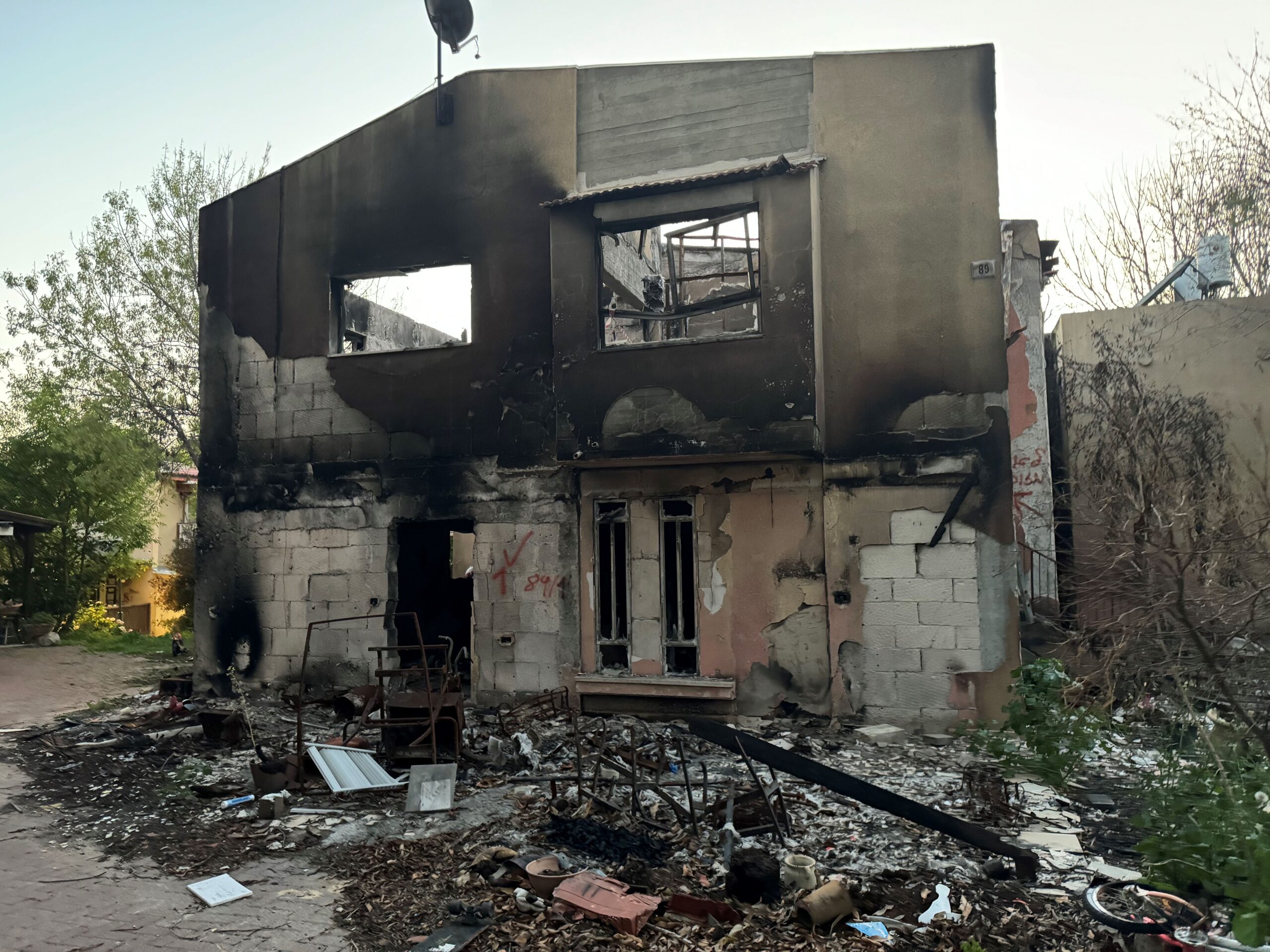Six months after the Hamas attack on southern Israel, 70% of evacuees have returned home. 6,350 evacuees remain in state-funded hotels, waiting to relocate, with some communities needing at least 18 months for repopulation due to damage or risk. Despite ongoing military operations against Hamas, the rehabilitation of Israel’s border area is crucial, both economically and symbolically, with many viewing it as a test of Israeli society’s resilience.
Amidst the six-month mark since the hostage crisis began, some families of the captives have shifted to an anti-government stance, expressing frustration and disappointment with Prime Minister Netanyahu and his cabinet’s handling of the situation. These families, including relatives of hostages, have openly criticized the government’s efforts and are actively participating in protests calling for leadership change.
The U.S. is expected to unveil a new proposal for a hostage deal late Sunday night, demanding significant concessions from both Israel and Hamas. An Israeli source noted that the U.S.’s active involvement and pressure could break the negotiation stalemate. The American government has intensified its efforts to broker a deal, exerting pressure on all parties involved, including the mediators.

























Discussion about this post